1. All in the Family Tackles Racism
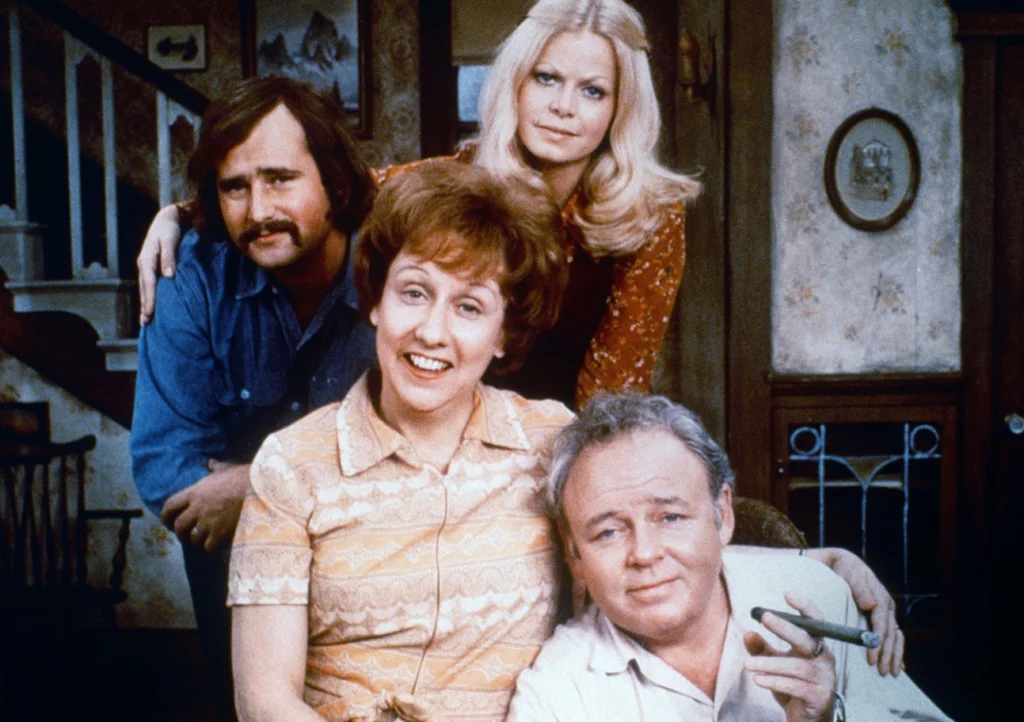
All in the Family made waves in the ’70s by addressing racism head-on. The show’s central character, Archie Bunker, was a working-class man whose casual bigotry sparked many conversations about prejudice. One of the most impactful moments was when Archie’s daughter, Gloria, confronted him about his racist views, forcing audiences to reflect on their own beliefs. In the midst of its sitcom format, the show broke barriers by portraying such a serious issue in a way that hadn’t been done on television before. It wasn’t just about laughs; it was about challenging the status quo.
While the portrayal was at times uncomfortable, it was undeniably ahead of its time. The show didn’t shy away from showing the impact of racial tensions on relationships, which set it apart from more traditional sitcoms. By including such controversial topics, All in the Family invited viewers to rethink their views on race and opened the door for other shows to follow suit.
2. Maude and Women’s Rights
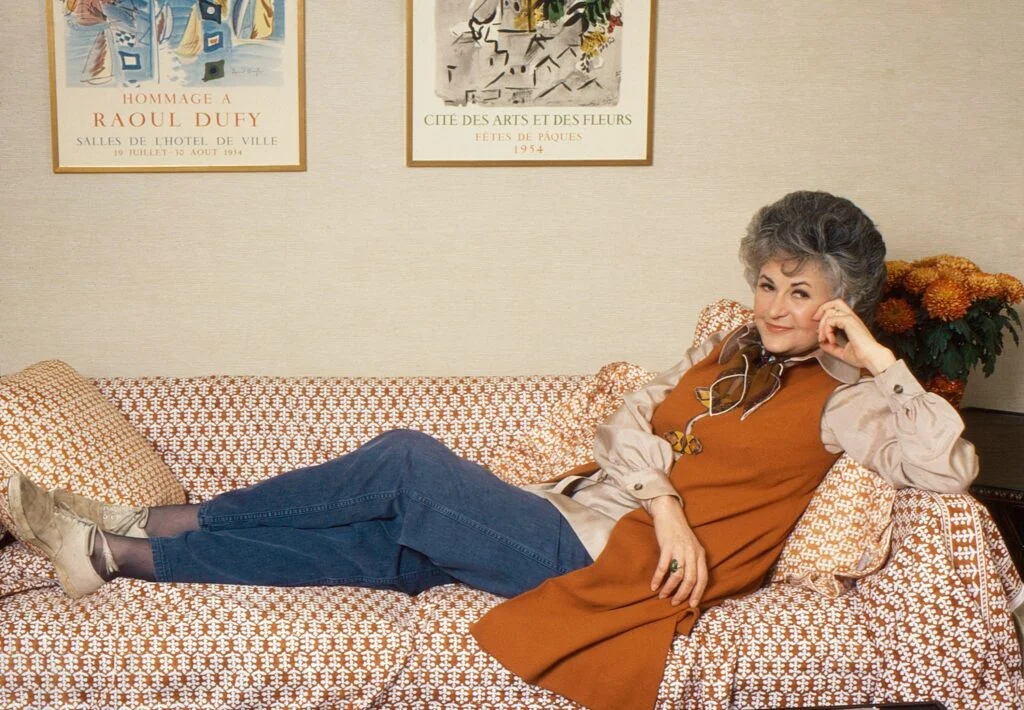
Maude was a groundbreaking sitcom for its unapologetic take on feminism and women’s rights in the ’70s. The character of Maude Findlay, portrayed by Bea Arthur, was not only outspoken but also fiercely independent, defying the traditional gender roles of the time. In a memorable episode, Maude gets an abortion, which was a brave storyline for television at the time. The show handled the topic with sensitivity and humor, offering a perspective that had rarely been seen on network television.
The portrayal of Maude’s decision was groundbreaking because it wasn’t just about the shock value—it was about the complexity of a woman making a personal choice. In doing so, Maude helped start important conversations about reproductive rights and the changing roles of women in society, becoming a trailblazer for feminist TV.
3. The Mary Tyler Moore Show and Mental Health
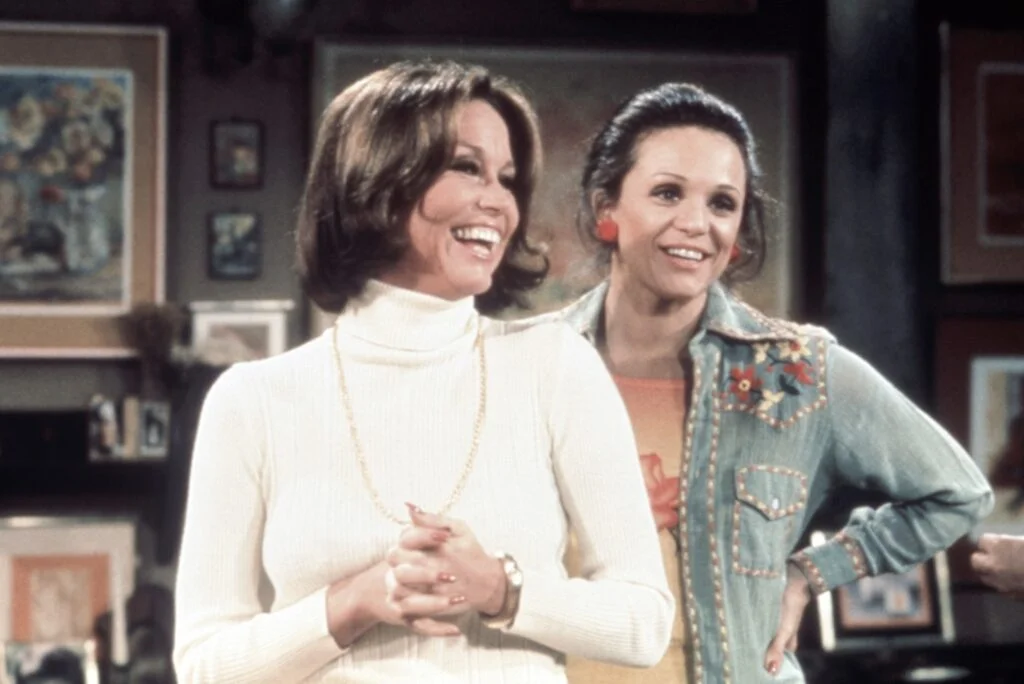
The Mary Tyler Moore Show didn’t just make viewers laugh—it also addressed mental health with remarkable sensitivity. In one episode, Mary’s friend, Rhoda, faces an emotional breakdown, highlighting the pressure women often face to maintain a “perfect” life. Rhoda’s story resonated with many people struggling with their own mental health, and the show made it clear that seeking help wasn’t something to be ashamed of.
By treating mental health with respect and compassion, The Mary Tyler Moore Show tackled an issue that was rarely discussed openly at the time. The portrayal of Rhoda’s vulnerability showed viewers that emotional struggles weren’t something to hide, offering a groundbreaking message about self-care and support.
4. Good Times and Poverty
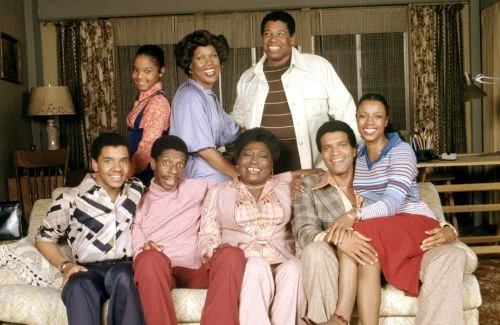
Good Times provided a sobering look at the realities of life in Chicago’s public housing projects. The show’s portrayal of the Evans family, struggling to make ends meet, touched on issues like systemic poverty, unemployment, and the quest for a better life. One episode where James Evans struggles with the challenges of working multiple jobs resonated with many viewers who understood the hardships of balancing work and family.
What made Good Times stand out was its refusal to romanticize poverty. It showcased the emotional toll that financial struggles can take on families, especially African American families in the ’70s. By showing both the hardships and the love that kept the family together, the show offered a realistic, empathetic view of life for those in poverty.
5. Kojak and Drug Addiction
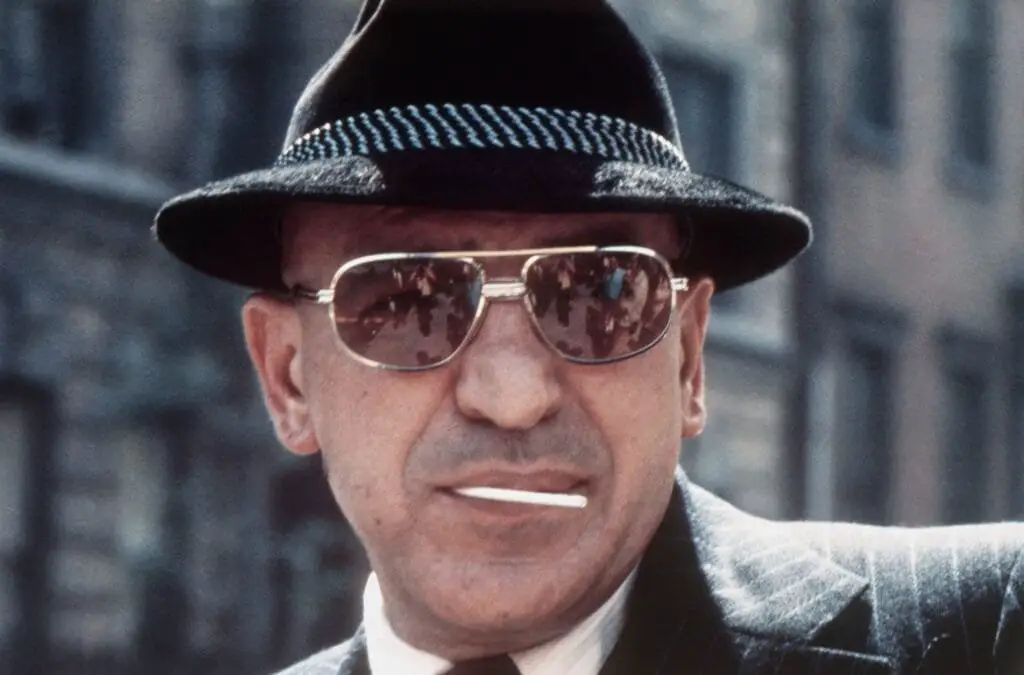
Kojak wasn’t just a typical cop show—it was one that directly confronted the issue of drug addiction. In one of its more memorable episodes, Kojak, the tough but caring detective, works to bring a drug dealer to justice, all while addressing the struggles of addiction and the impact it has on families. This wasn’t just about arresting the villain—it was about showing the devastation that addiction wreaks on individuals and their loved ones.
The show’s approach to drug addiction was progressive for its time, as it moved beyond the typical “just say no” mentality. It portrayed addiction as a complex issue, not just a moral failing, and acknowledged the need for empathy and treatment. Kojak helped shift public perceptions of addiction, showing that it was a societal problem that required more than just criminal punishment.
6. All in the Family and LGBTQ+ Rights

In another groundbreaking episode, All in the Family addressed LGBTQ+ issues long before it was common for TV to explore them. The episode featured the character of Edith Bunker supporting her cousin, who came out as gay—a first for a major sitcom. While Archie reacted with his usual bigotry, the episode provided a voice to the LGBTQ+ community in a way that had rarely been seen on TV at the time.
By introducing LGBTQ+ issues in a mainstream sitcom, All in the Family broke new ground in addressing societal prejudices. Though controversial, the episode sparked crucial conversations about acceptance and the importance of understanding and supporting those who were different from mainstream society.
7. One Day at a Time and Divorce
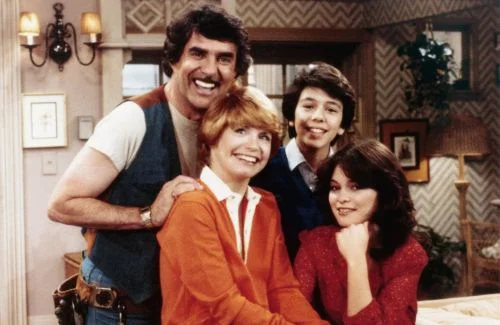
One Day at a Time tackled the topic of divorce with remarkable honesty and humor. The show followed a newly single mother, Ann Romano, as she navigated the challenges of raising her two daughters on her own. At a time when divorce was still considered taboo in many circles, the show’s candid portrayal of a family adjusting to life after separation was revolutionary. It didn’t paint divorce as a failure, but as part of the complex realities of adult relationships.
Through Ann’s struggles and triumphs, One Day at a Time normalized divorce and opened up a conversation about the changing dynamics of family life in the ’70s. The show offered comfort to many viewers who might have been going through similar experiences, helping to reduce the stigma surrounding divorce.


